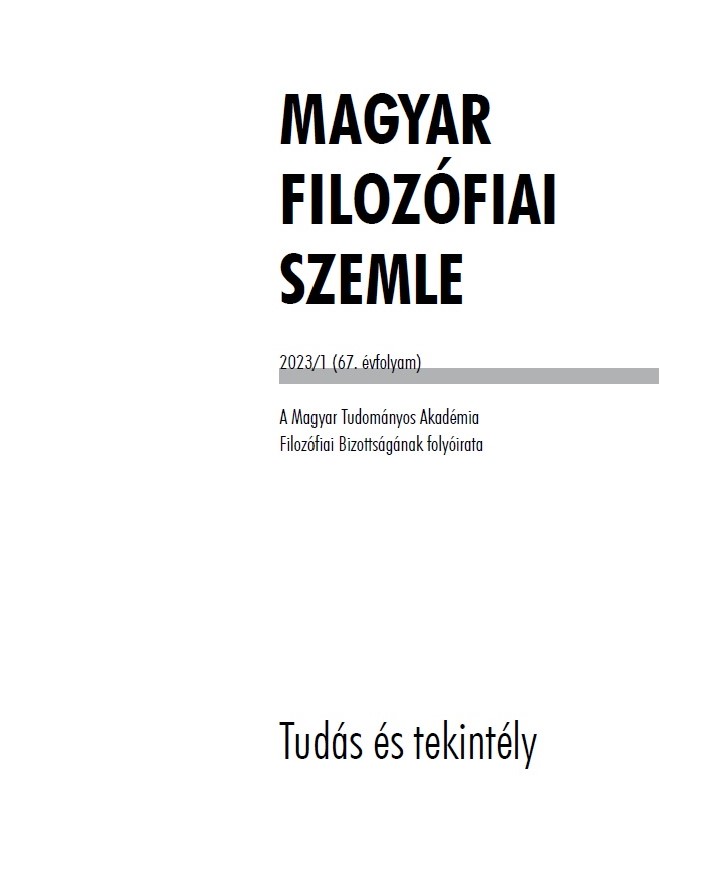Acceptance and criticism of divine epistemic authority in the Jewish tradition – can humans teach God?
Abstract
This paper examines the concepts of authority in the Jewish tradition through the categories of deontic and epistemic authority. Based on the divine attributes accepted in monotheistic religions, it could be assumed that God should unequivocally be the supreme moral and epistemic authority. The paper analyzes biblical and classical rabbinic sources which suggest that the idea that God is omniscient and the supreme moral authority can, perhaps paradoxically, be reconciled with the possibility that in certain cases man may prove to be the possessor of the correct moral knowledge vis-à-vis God and therefore be able to challenge and even criticize him.



